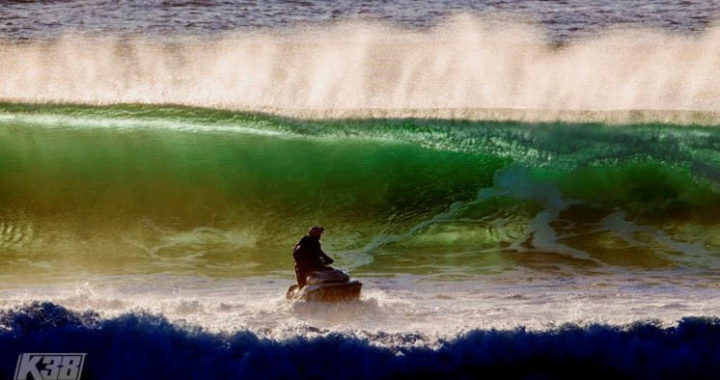BECAUSE WE CARE
WHAT MEDICATIONS WILL PREVENT FIELD TRAINING PARTICIPATION?
While most medications don't affect driving ability, some prescription and over-the-counter (OTC) medicines can cause reactions that may make it unsafe to drive. This includes operating a Rescue Water Craft (RWC).
These reactions may include:
• Sleepiness/drowsiness
• Blurred vision
• Dizziness
• Slowed movement
• Fainting
• Inability to focus or pay attention
• Nausea
• Excitability
Please discuss with your doctor or pharmacist what medications could prevent your participation during training days.
Driving or operating a RWC while on medications can also be a legal issue. State laws differ, but being found driving under the influence of certain medications (prescription and OTC products) could get you in the same kind of trouble as people caught driving under the influence of alcohol.
Products That Require Caution
Knowing how your medications—or any combination of them—affect your ability to drive is clearly a safety measure involving you, your passengers, and others on the road.
Products that could make it dangerous to drive include
• Prescription drugs for anxiety
• Some antidepressants
• Products containing codeine
• Some cold remedies and allergy products
• Tranquilizers
• Sleeping pills
• Pain relievers
• Diet pills, "stay awake" drugs, and other medications with stimulants (e.g. caffeine, ephedrine, pseudoephedrine)
Responsibility
Products that contain stimulants may cause excitability or drowsiness. Also, never combine medication and alcohol while driving.
Medical marijuana and cigarette smoking are prohibited during training hours.
We may working with flammable or combustible materials nearby and smoking is therefore not allowed. Please limit alcohol content after hours.
There will be no buzzed or drunk driving during the course training dates. This is to ensure not only your safety and reputation but that of the program and other students as well as the host agency.
Operations should be similar to your general work duties and requirements. Reading the warning labels and paying attention to your body's response to medications will help you greatly. Training is a demanding requirement for professional development. There are a lot of external stressors that take place as well as mental focus required.
The more we know, the better we can go after our goals.
Thank you for your participation and understanding.
Reference
https://www.fda.gov/ForConsumers/ConsumerUpdates/ucm107894.htm
_____________________
Posted: 10.27.2018
Have any questions? Join the Rescue Water Craft Association
and discover what your community is doing to modernize standards, safety and reduce liability!
Join the Rescue Water Craft Association
Content Creator: Shawn Alladio cares most about her community and the culture surrounding the safety of event service providers and Rescue Water Craft operators, working hard and dedicated towards protecting their reputation, distributing safety information and continuing to train these amazing individuals to the highest standards of care.
Use at your own risk. Please take a qualified Rescue Water Craft training course and maintain proper records and respect all the PWC, RWC, PPE, and gear OEM manufacturer warning labels and cautions.
